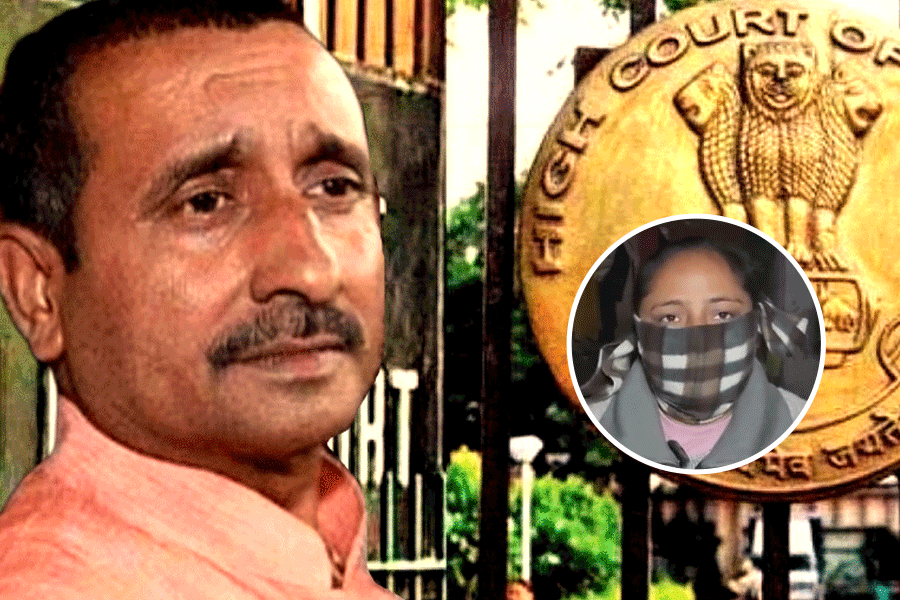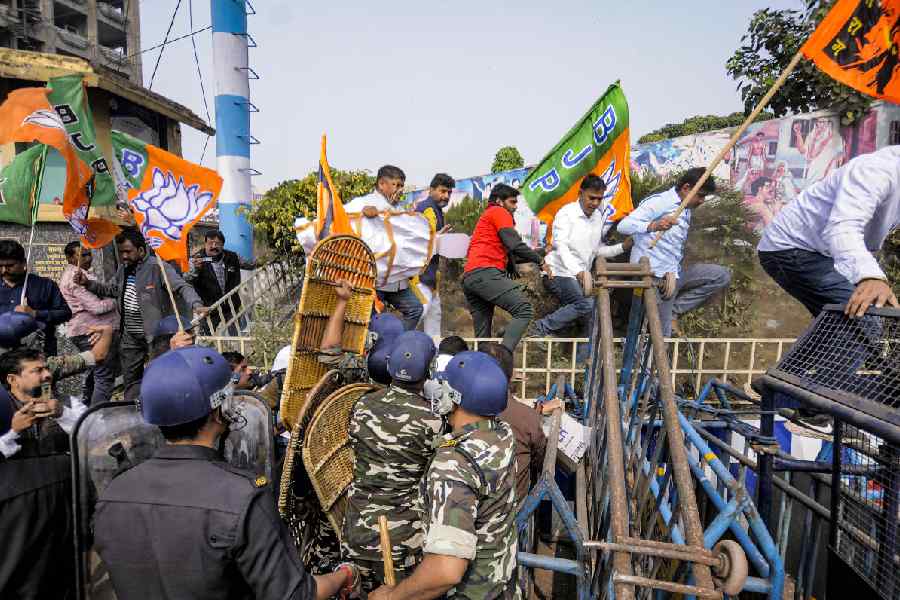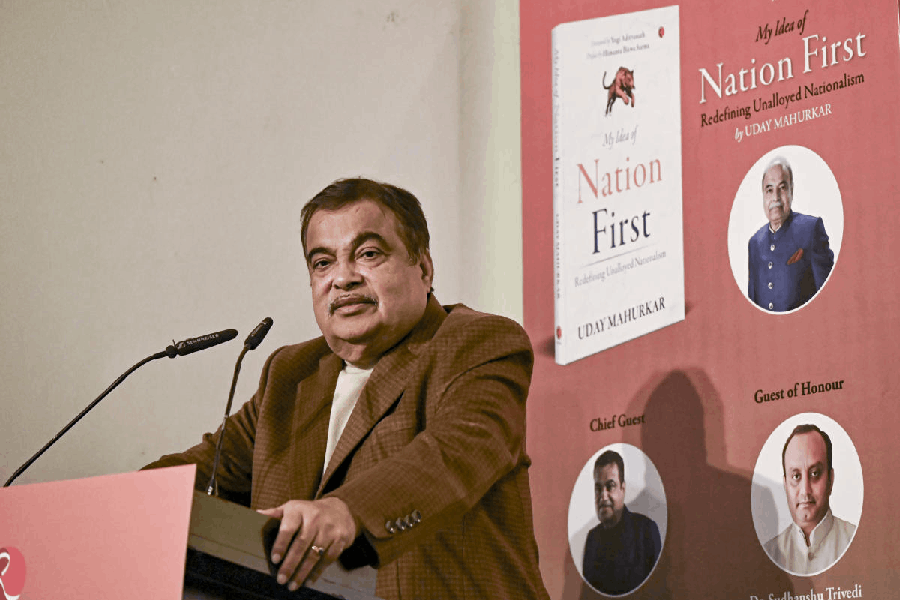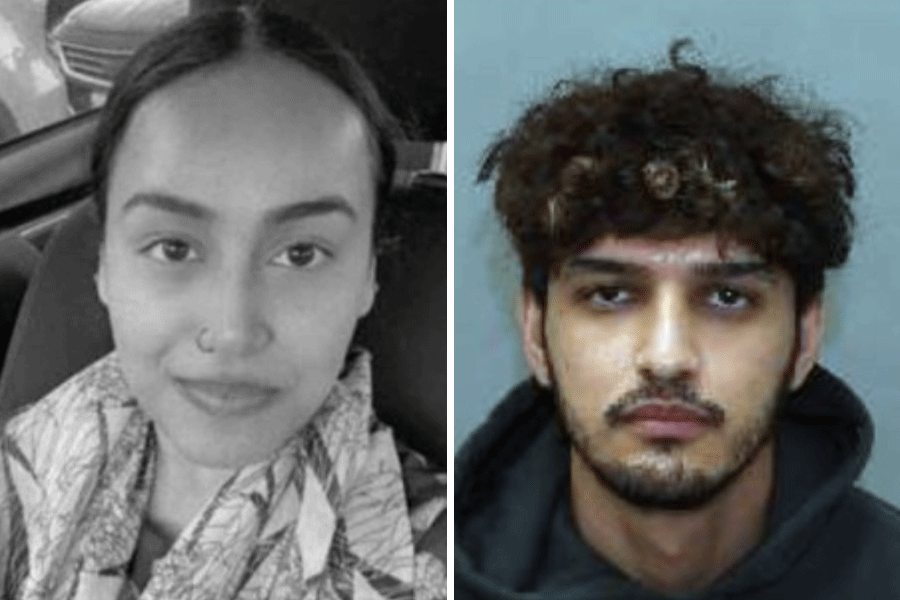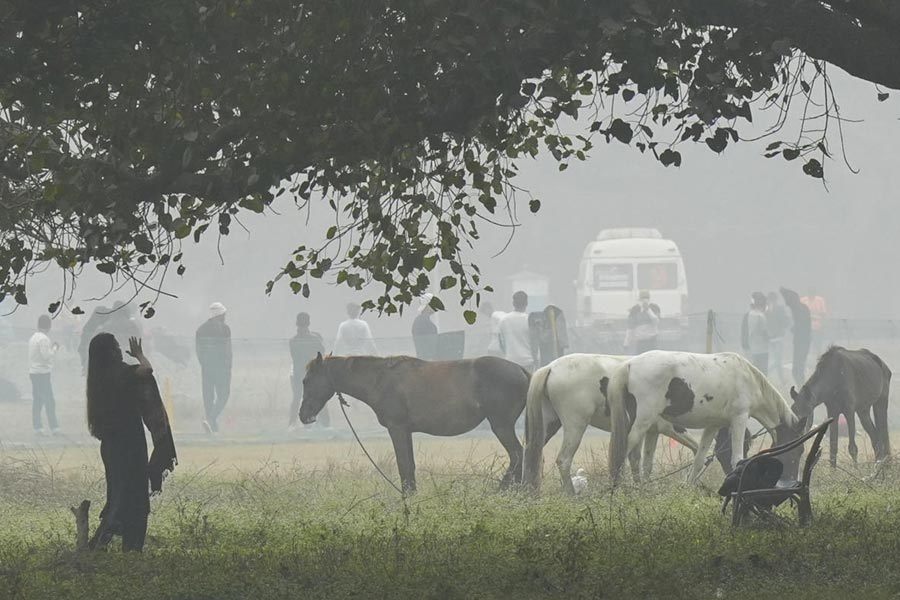Blameless
Sir — Single motherhood is often frowned upon in our society. However, this trend seems to be reversing in the United Kingdom, which has seen a 243% increase in single women opting for in-vitro fertilisation. They have claimed that they feel more emotionally secure in choosing not to co-parent with men. A lot of these in-vitro treatments were undertaken during the pandemic, which also saw a spate in intimate partner violence. Perhaps instead of blaming women’s careers for the falling demographic dividend, it is time for society to shift the blame to unsupportive families and violent spouses.
Bratati Sen, Calcutta
Treat equally
Sir — The editorial, “Special entry” (Nov 25), is a scathing indictment of the privileges enjoyed by the so-called ‘Very Important Persons’ in India. Members of Parliament travel luxuriously anywhere in India free of cost. Central ministers too fly business class without charges. However, the common people, who pay the taxes that go into the VIPs’ upkeep, often deal with unsanitary conditions while travelling via trains. Such disparities should not exist in a democracy.
Ministers also enjoy excellent food at nominal prices at assembly canteens while millions of underprivileged children in India go hungry. It would only be fitting if the VIPs were to purchase goods at market rate and the economically-disadvantaged people were allowed a reduced price.
Sanjit Ghatak, Calcutta
Sir — ‘VIP culture’ is an integral part of Indian society and is embedded in our psyche. The VIPs demand special treatment to assert their dominance over the public. It is disheartening that Indian leaders take great pride in misusing their power and influence even though this is illegal.
Vinay Asawa, Howrah
Sir — The approach of ‘every person is important’, or EPI, as proposed by the prime minister, Narendra Modi, would be difficult to achieve in India (“VIP culture beats PM promise”, Nov 19). A significant portion of Indians live in poverty and do not have access to basic amenities like food, clean water and shelter. Middle-class people have always had to wait in long queues while the rich are allocated the best resources, whether it is in academia or the health sector. An equal society can only be achieved by ensuring economic equality.
Bijurica Chakraborty, Calcutta
Sir — VIP culture is not unique to India and can be found all over the world. From a small village to an international organisation, people usually expect special treatment from their subordinates in their fiefdoms.
No amount of anti-VIP measures can balance the scale. For example, although the lal batti raj has been banned, red beacons are still widely used. This phenomenon cannot be bypassed and we might as well accept this reality and move on.
K. Nehru Patnaik, Visakhapatnam
Sir — ‘Babu culture’ was a product of colonialism and violates the equality that has been ensured by our Constitution. While it is sometimes important for leaders to be accompanied by bodyguards to ensure safety, influential people use the protective services simply to create divisions in society. It is high time we get rid of this custom.
Jimut Sen, Calcutta
Danger zone
Sir — The Kapil Muni Ashram in Sagar Island is one of the most-visited pilgrimage destinations, especially during the annual Gangasagar Mela. The ashram has been facing dangerous tidal waves, which continue to erode the coastline. To combat this erosion, a concerted effort by the Centre and the state government is necessary. The World Bank has also expressed an interest in funding such a project. The mela is important to West Bengal’s tourism industry. The government should also focus on people’s safety in other tourist spots and develop its tourism infrastructure in order to generate more revenue and employment.
D. Bhattacharya, Calcutta
Shop local
Sir — The railway stations in major cities now have ‘One Station One Product’ outlets. These stores are similar to the ones at airport shopping complexes but the products are cheaper. This ‘One Station One Product’ initiative by the railways ministry promotes local and indigenous products at railway stations across India. The scheme’s objectives include: supporting the government’s ‘Vocal for Local’ vision, creating income opportunities for marginalised communities, and encouraging local artisans and self-help groups.
Jayanthy Subramaniam, East Mumbai
Watchful eyes
Sir — The concerns about poaching have been at loggerheads with the need to respect the privacy of indigenous people living in and around forests (“Wildlife cameras pry on women”, Nov 26). Prying eyes of the law often make women the easiest targets. This omnipresent male gaze afflicts women in India and elsewhere despite what the Centre believes.
Debapriya Paul, Calcutta


